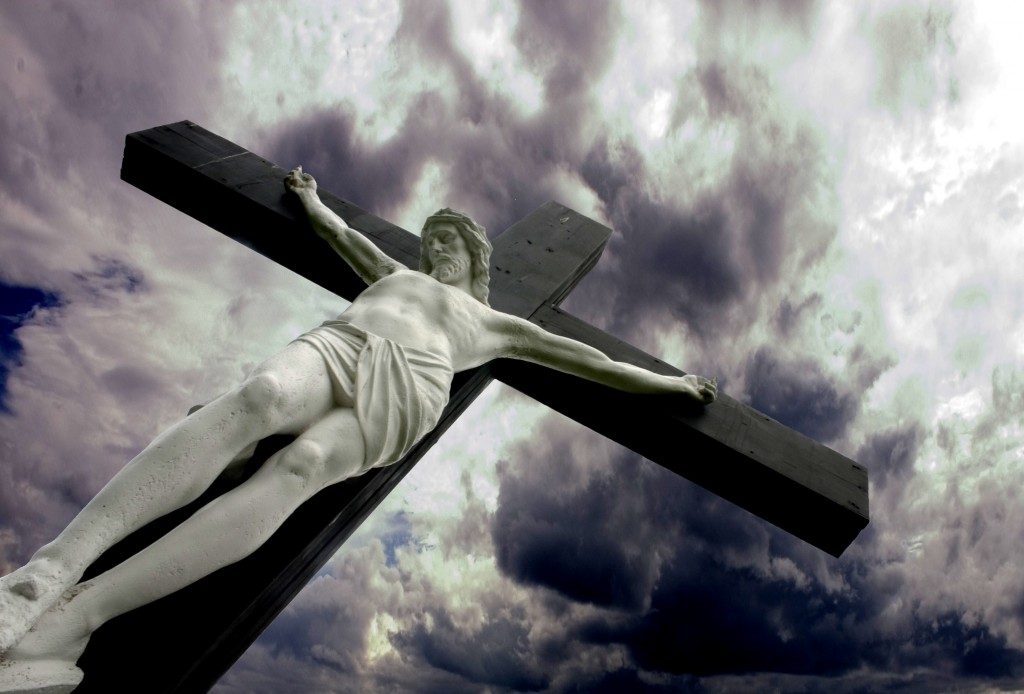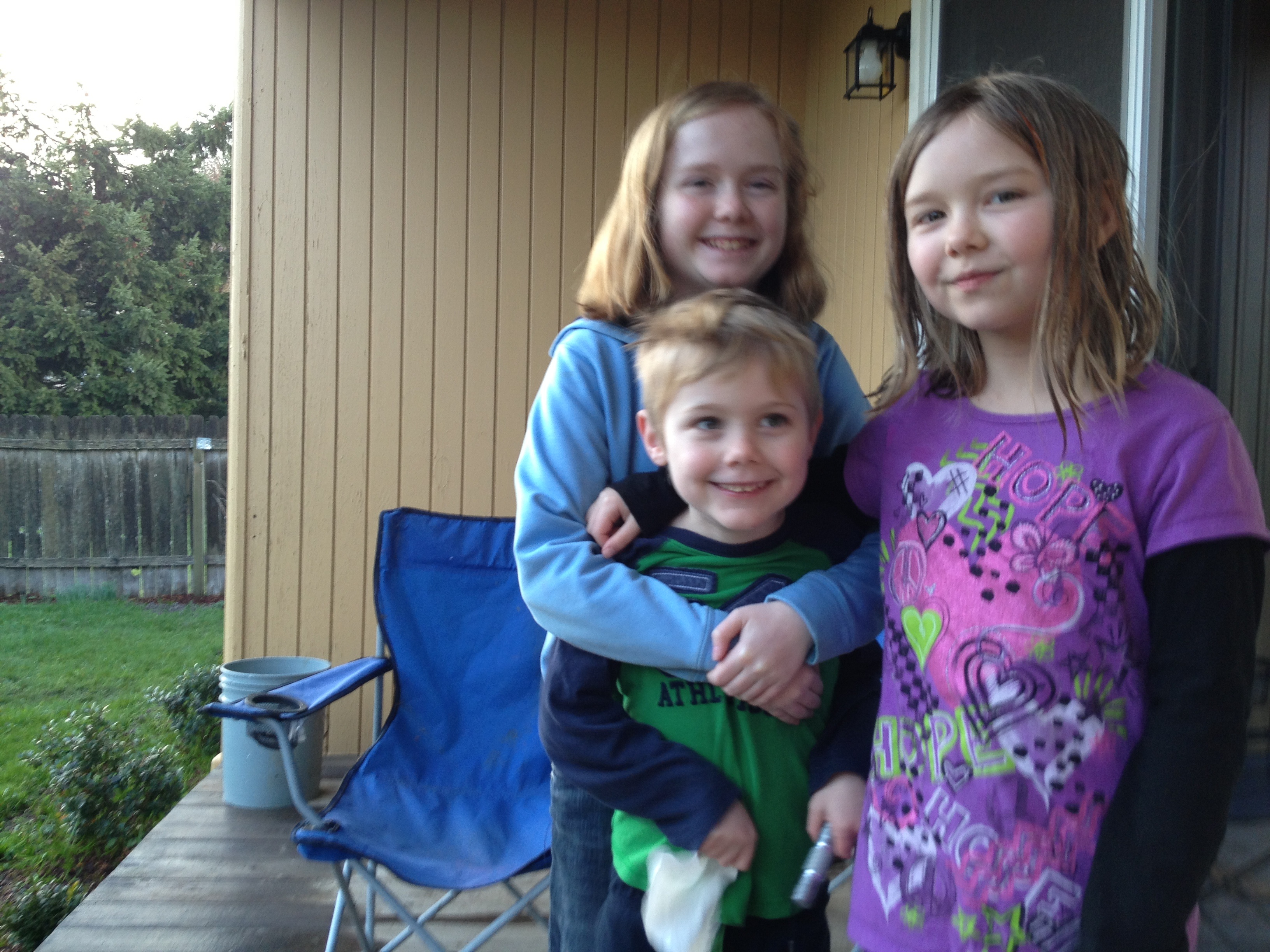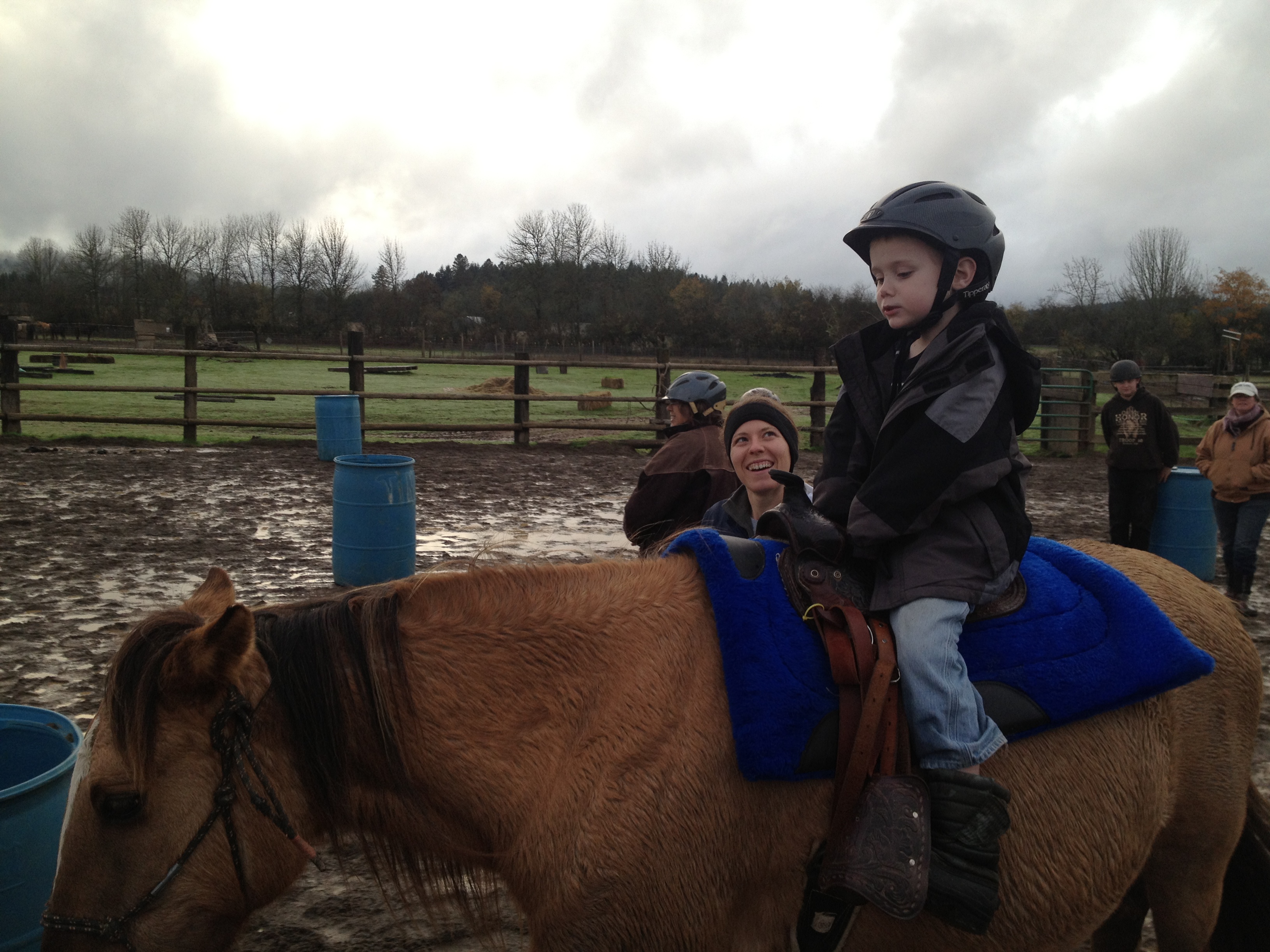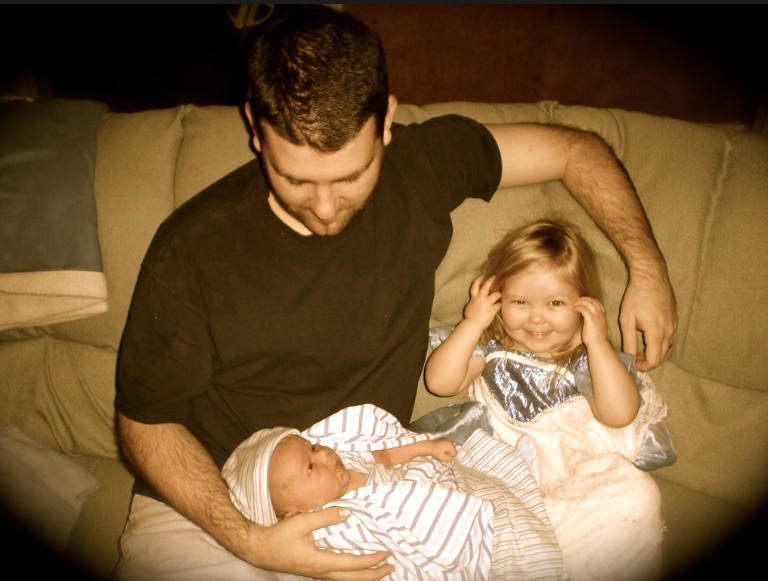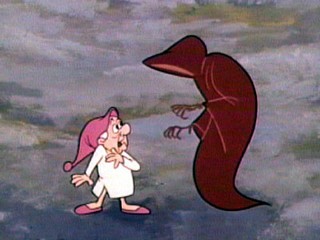To Give Him a Super Power
Our family is a story family. When my daughters were two and three years old, we began creating our own family mythology. We invented Teddy and Marianne, the child jockeys; Ricky the Ostrich and his magnificent submarine; Cowboy Pete and his fearless deputy, Rocky Raccoon (my apologies, Mr. McCartney, sir). Those characters became woven into our family lore. There have been theme songs, illustrations, and even clay figurines. Cowboy Pete is like an uncle!
As the girls grew into teenagers, their little brothers began requesting stories of their own. At their age, they don’t just want to hear a story, they want to star in one. So naturally, I gave them the Super Brothers. Super Sam (age seven) leads his team of crime fighting siblings with his super strength and indestructibility, and Tackle Boy Nate (age four) provides comic relief and epic, climactic thumpings of the bad guys and their vehicles.
I was sitting next to their bed on the night of that first story when Sam asked the inevitable question:
“Dad, what’s Jack’s super power?”
I swallowed. The first two Super Brothers practically wrote themselves. They were caricatures. Sam wants nothing more in life than to be the mighty, noble protector. Nathan just wants to crack jokes and knock things over. But Jack… what does he want? I mean, besides a viewing of Monsters University at three in the morning. What does he really want?
I’ve gotten lost in that mystery too many times to number: when a burst of laughter escapes him with no apparent cause; when he flaps his lanyards in front of a glowing blue screen; when he stands in front of me trying to make his mouth work in his favor—trying to tell me…something. And again, my mind calls back to Bono’s haunting lyric, “I want to trip inside your head, spend the day there… I want to see your thoughts take shape and walk right out.”
As the author of the Super Brothers story, I knew I had the power to give Jack a voice. But would that be right? Would that be (dare I ask of a children’s bedtime story) ethical?
It sounds like a petty consideration, I know, but believe me, in the world of autism, all roads lead to identity. Implications lay like land mines, even in the story world. My thinking went something like this: Autism is not a disease. It is, for better or for worse, a part of who Jack is. But is it all of who he is? Would the removal of symptoms constitute a fundamental change in personhood? And if so, doesn’t that get us right back where we started before the awareness campaigns began? Wouldn’t it mean we are once again defining our beloved children by the things they cannot do?
My other children are constantly changing, and yet they remain, wholly and beautifully, themselves.
Jenna, my thirteen year old, used to have the cutest lisp. She couldn’t say her “R”s, and we all loved it. You might even say it was part of who she was. But then one day, she started speaking with perfect precision, and she hasn’t stopped talking since. To date, Jenna is still Jenna.
This has happened with all our kids, hundreds of times, and we never bat an eye, because we see the world with storytellers eyes: characters grow, learn, change, advance, relapse, and overcome. Characters are fluid. They encounter conflict and failure; they rise to the occasion and they fall flat; they despair and they save the day. Sometimes they even use their super powers.
So I made a decision. I gave “story Jack” the ability to speak. All it would do, I decided, was give him an avenue to express what was already inside him, autism and all, and believe me, he has lots inside him.
But I didn’t leave it there. I gave him something he already has, and exaggerated it.
“Jack has golden socks, and when he flaps them, a strong wind comes that blows away the bad guys.”
The little brothers gaped. “Whoa! Flapping power? Awesome!”
I continued, my mind racing. “And when he flaps them at the ground, it pushes him high into the air, and he can go wherever he wants to.”
“Jack can fly?”
Yes. Jack can fly. And when it’s time to rain justice down on the great ice cream capers of Junction City, Super Sam and Tackle Boy Nate will latch onto the shoulders of their big brother Flap Jack, and together, they will fly high over the trees until they see that particular black pickup truck hightailing it out of town. Because if he could, I believe Jack would do that for his brothers. He would take them anywhere, and he would use his powerful stims to bail them out of their boyish recklessness.
On warm afternoons, we can hear crashing and squealing sounds seeping in from the back yard as Sam and Nathan reenact their adventures from the night before. I open the door a crack, and see them running up to their big brother who is flapping at the sky, lost in his own thoughts as always.
“Hey Jack, you just saved us! Good job, Flap Jack!”
He eyes them, then turns his back to resume his business, just as they return to theirs. They remain undaunted by his dismissals. Visions of hope will do that, I think. They will make allowances for temporal winces. Acts one and two are always filled with trouble, after all. Today, there may be rejections and silences, and even self injuries and wanderings. It’s hard. It might get a lot harder.
But tomorrow, who knows? Those villains might be vanquished with a single gust of wind. The Author of this story is far more creative than I, and He alone knows the storehouse of abilities locked inside our boy. We will see them. Some day, we will see them. But for now, we don’t just wait; we imagine.
Photos by our dear friend Anne Nunn.

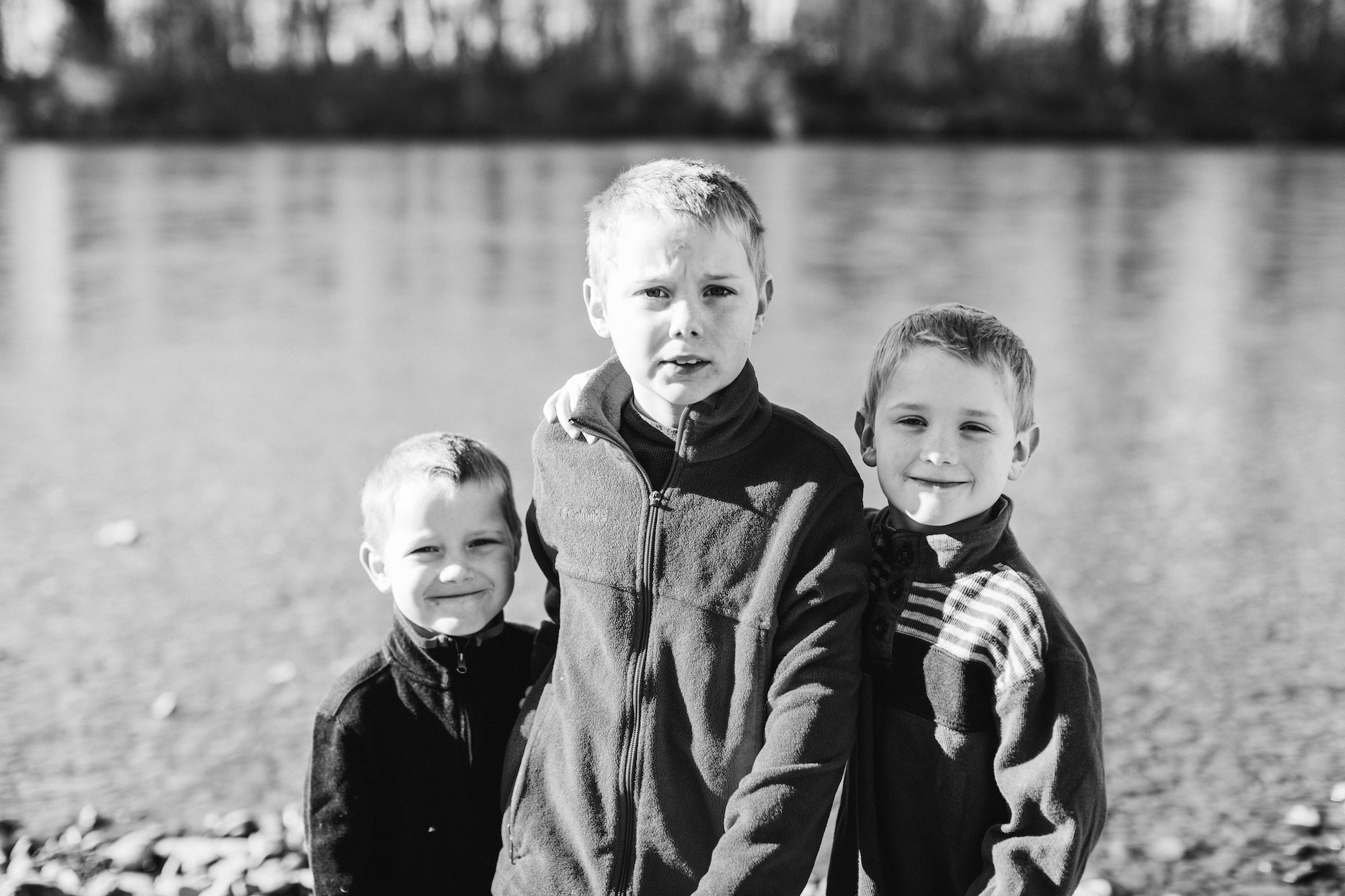


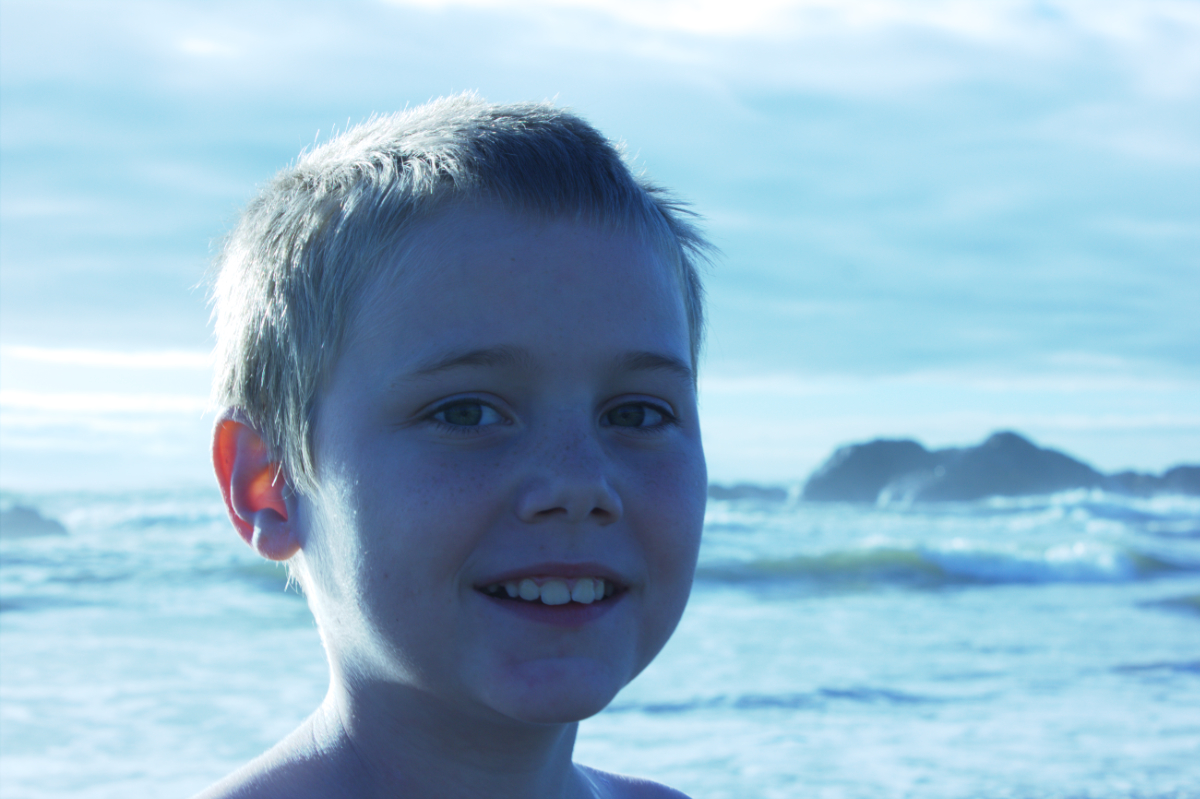
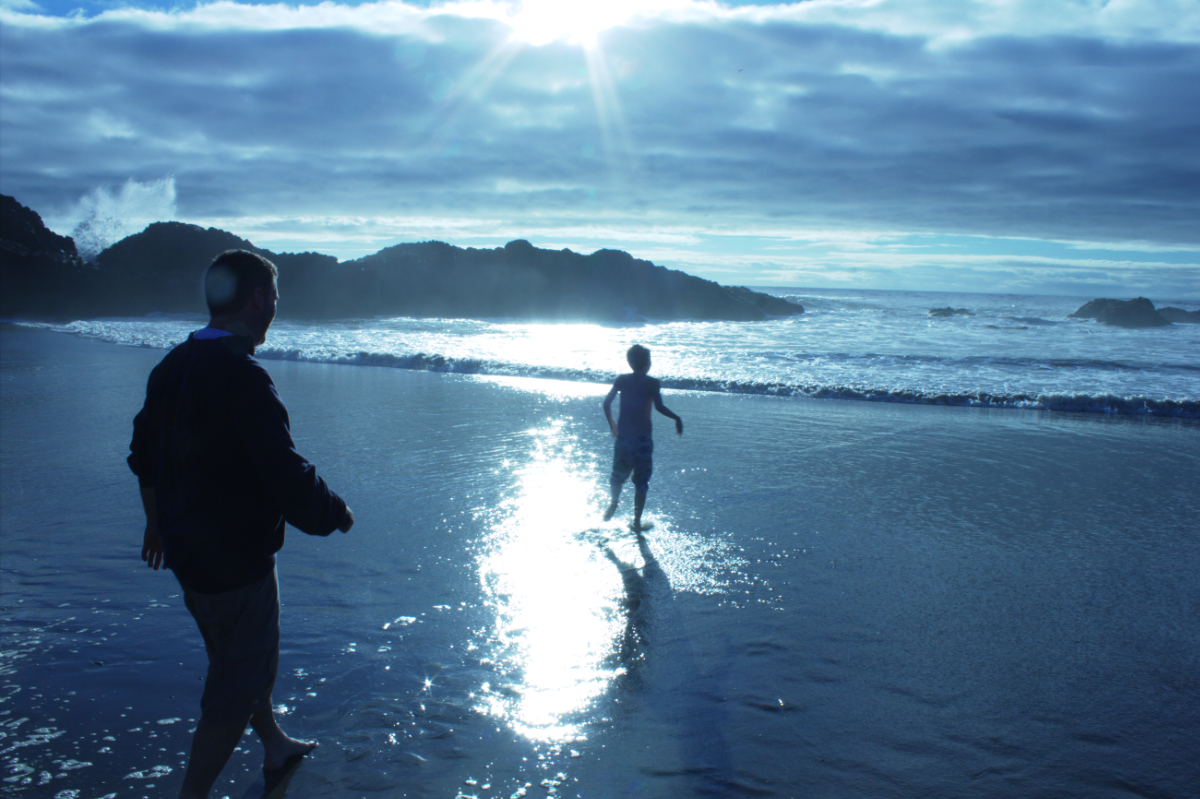

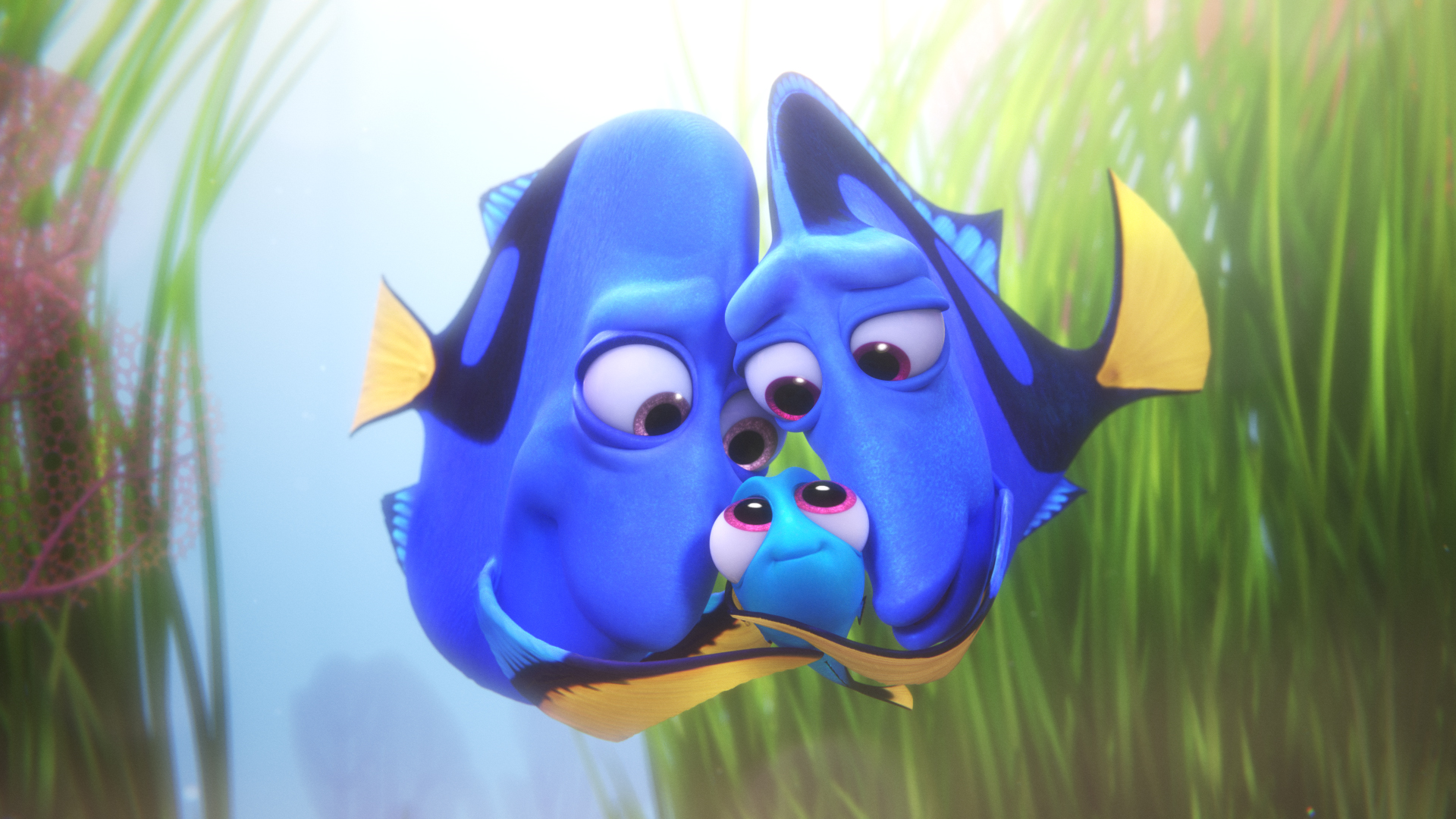




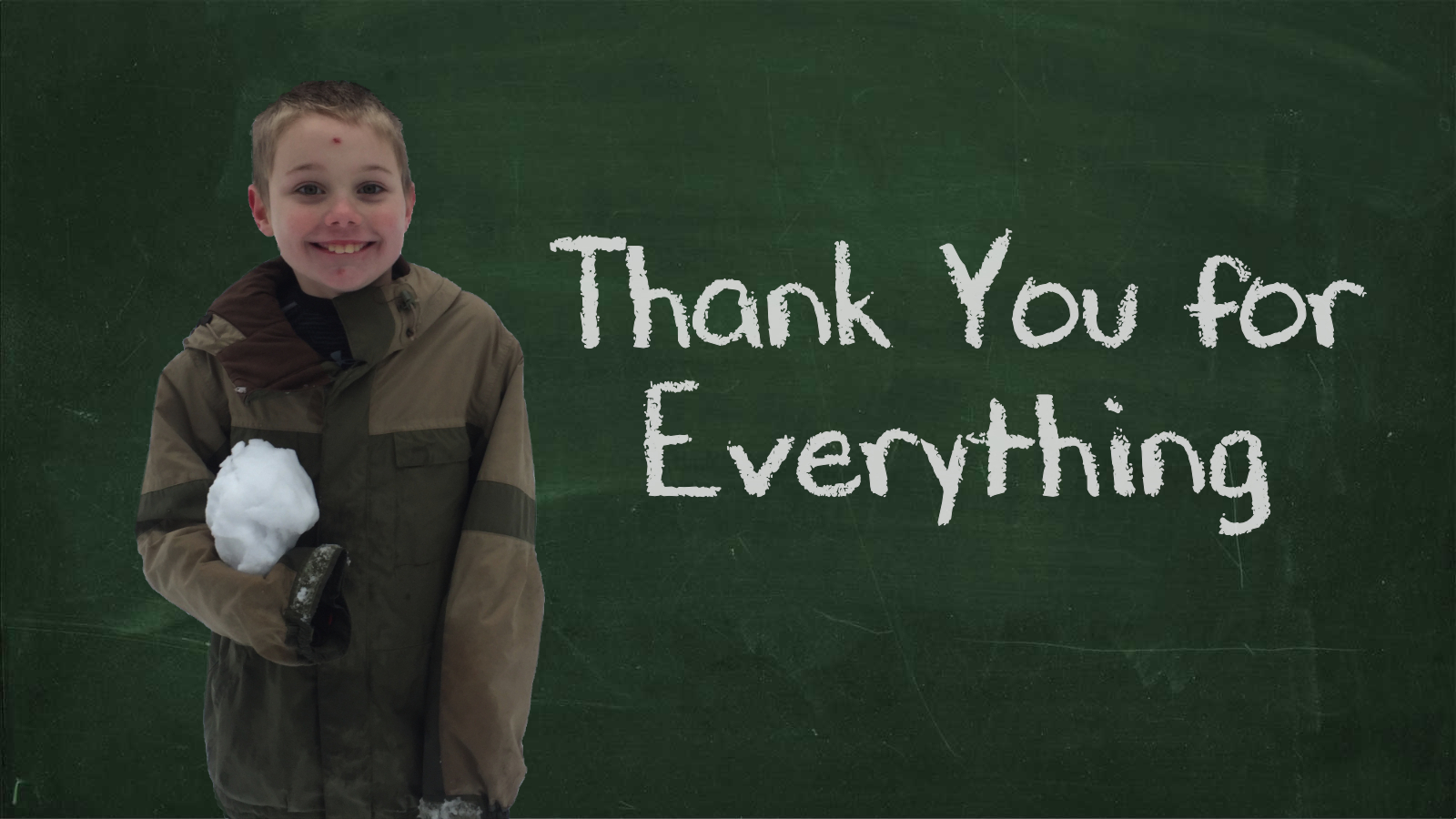


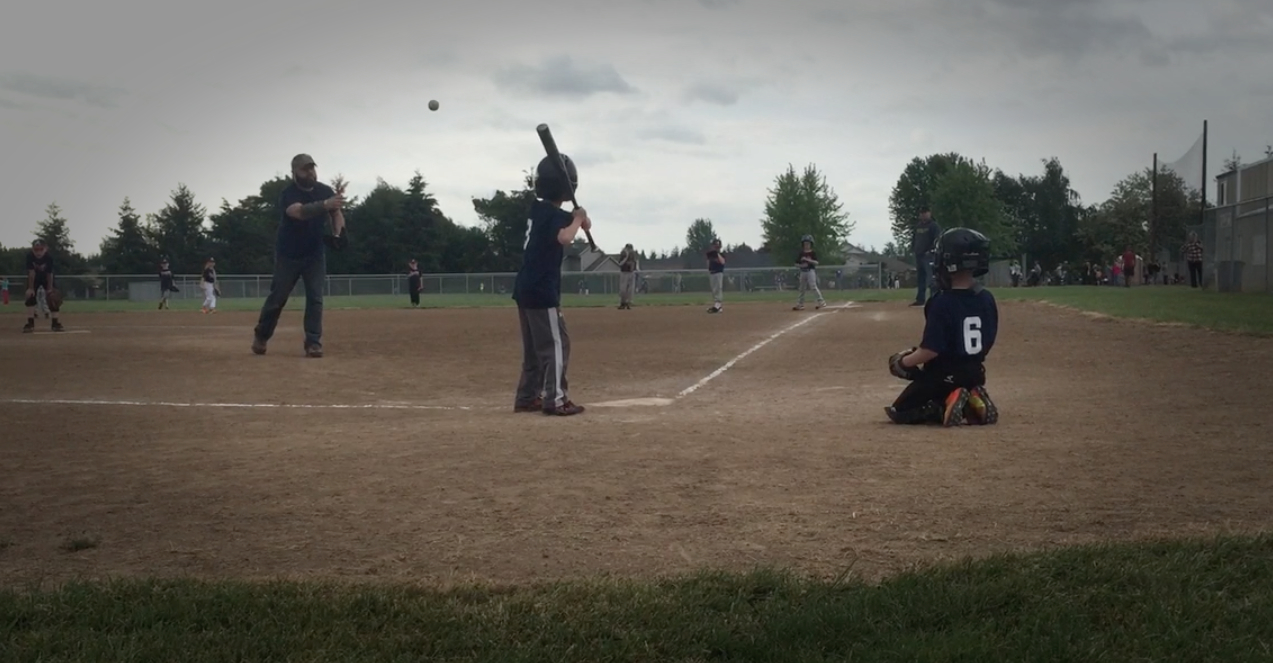
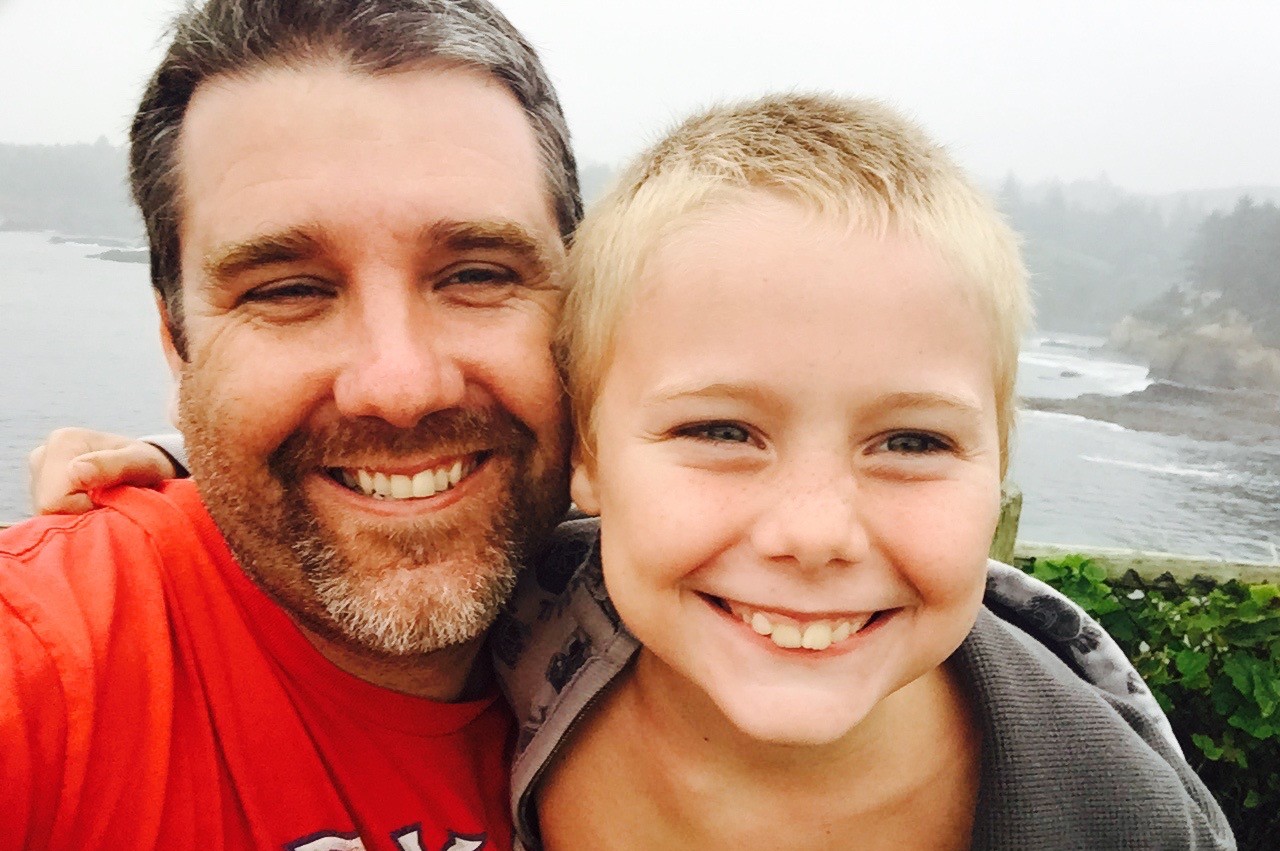



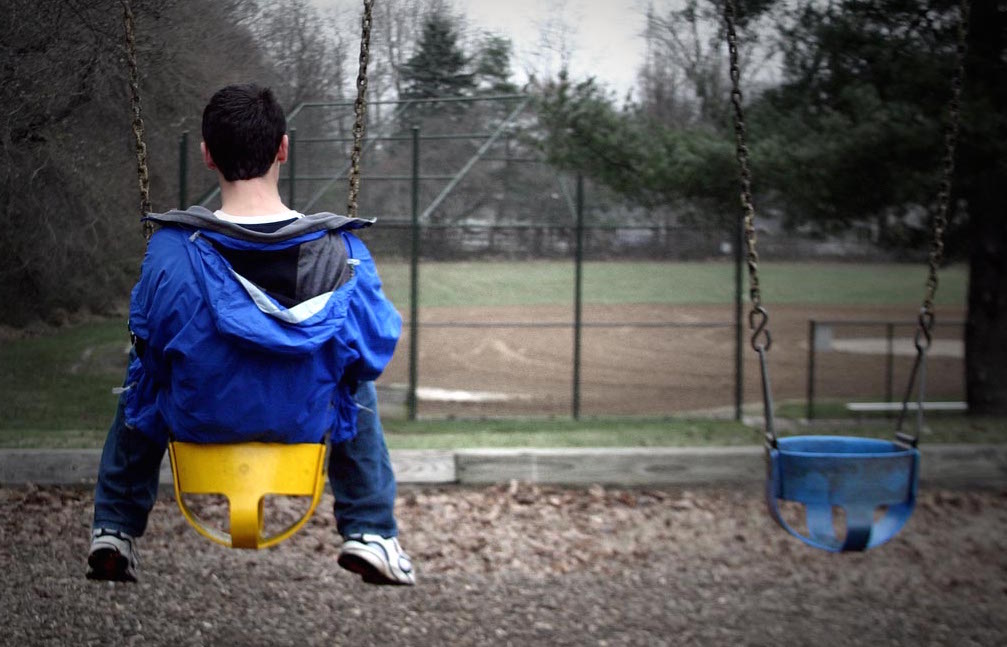
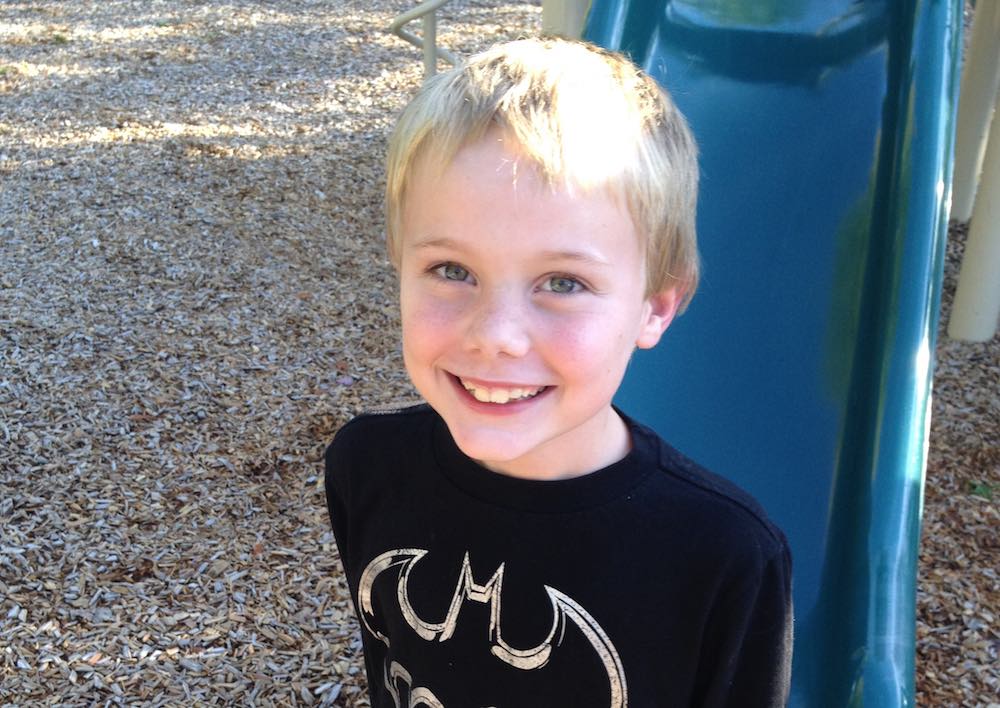

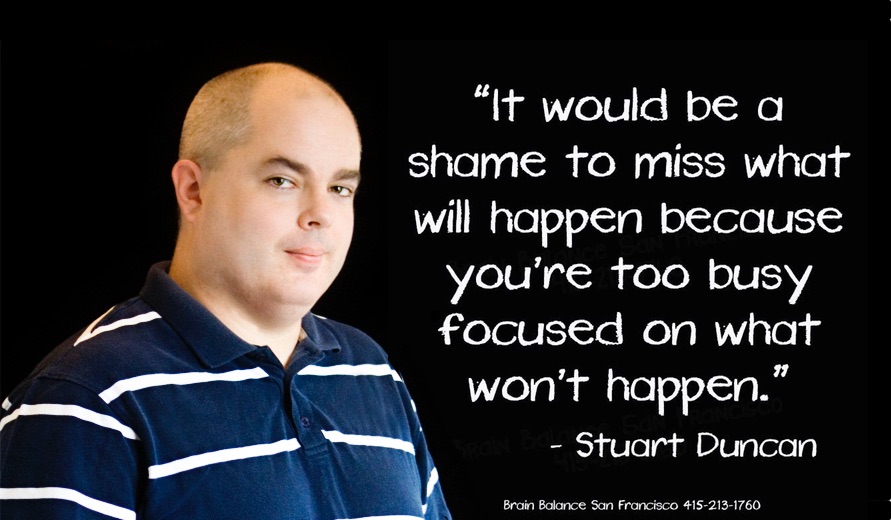


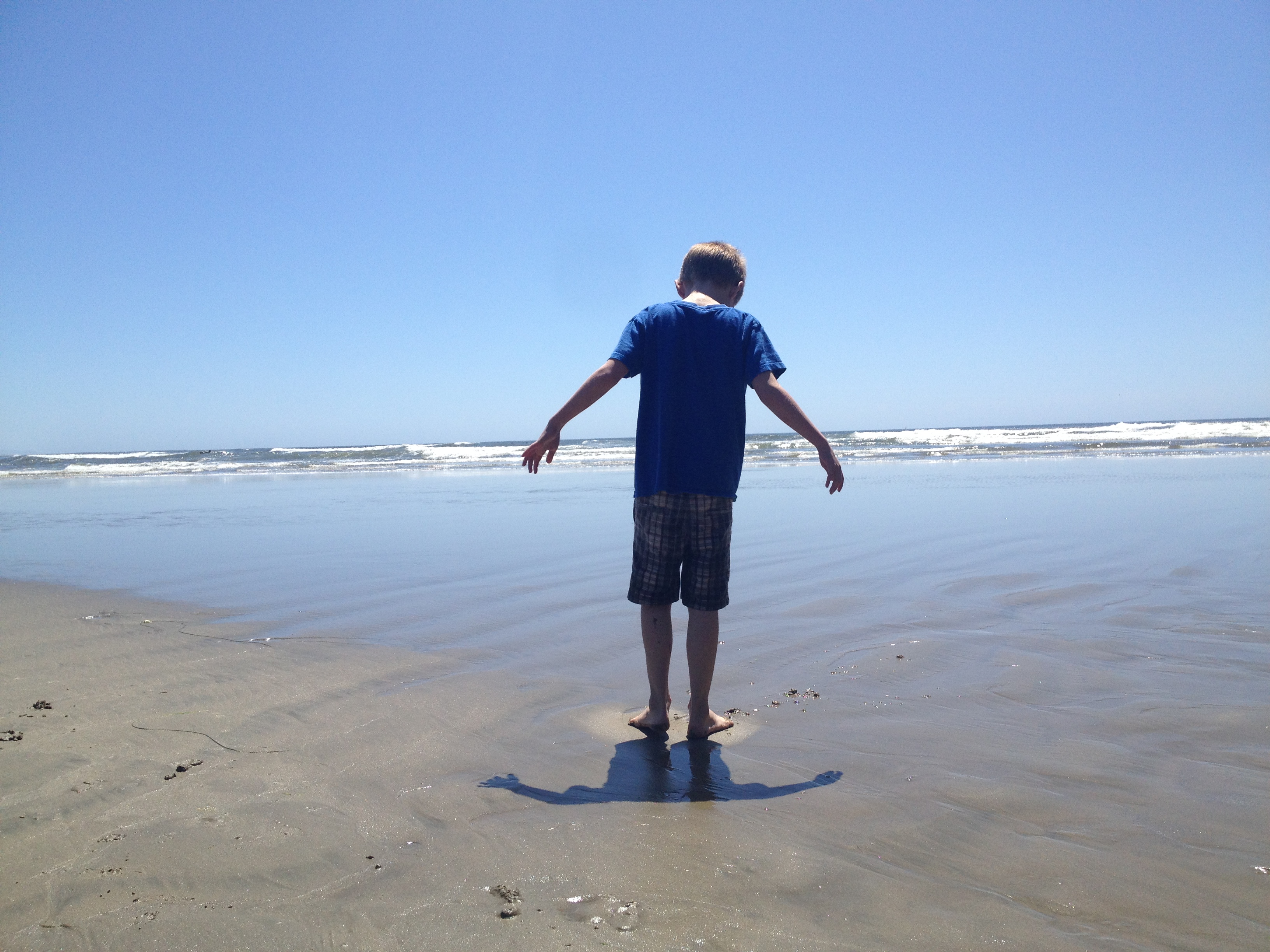
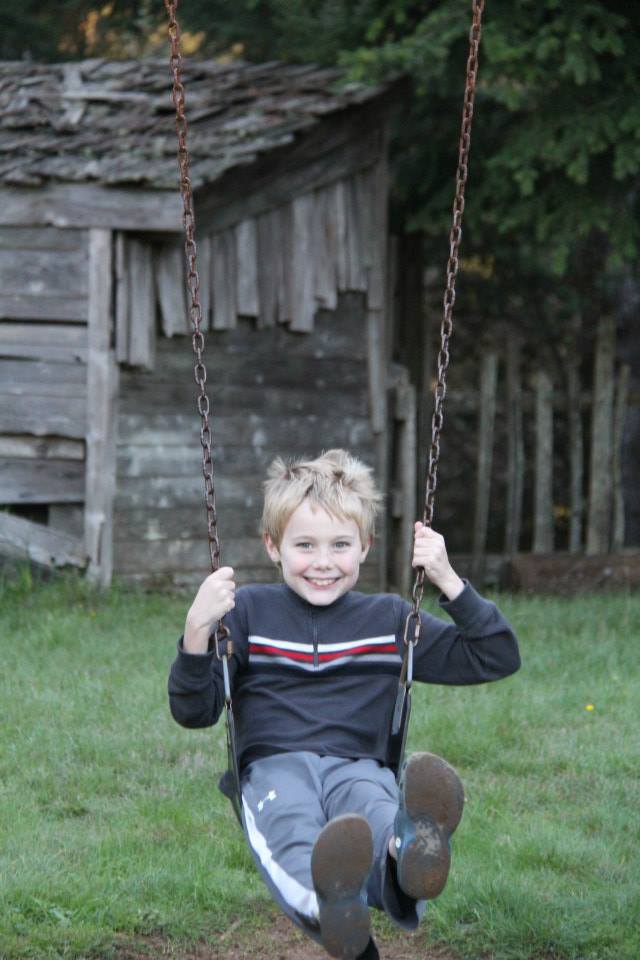
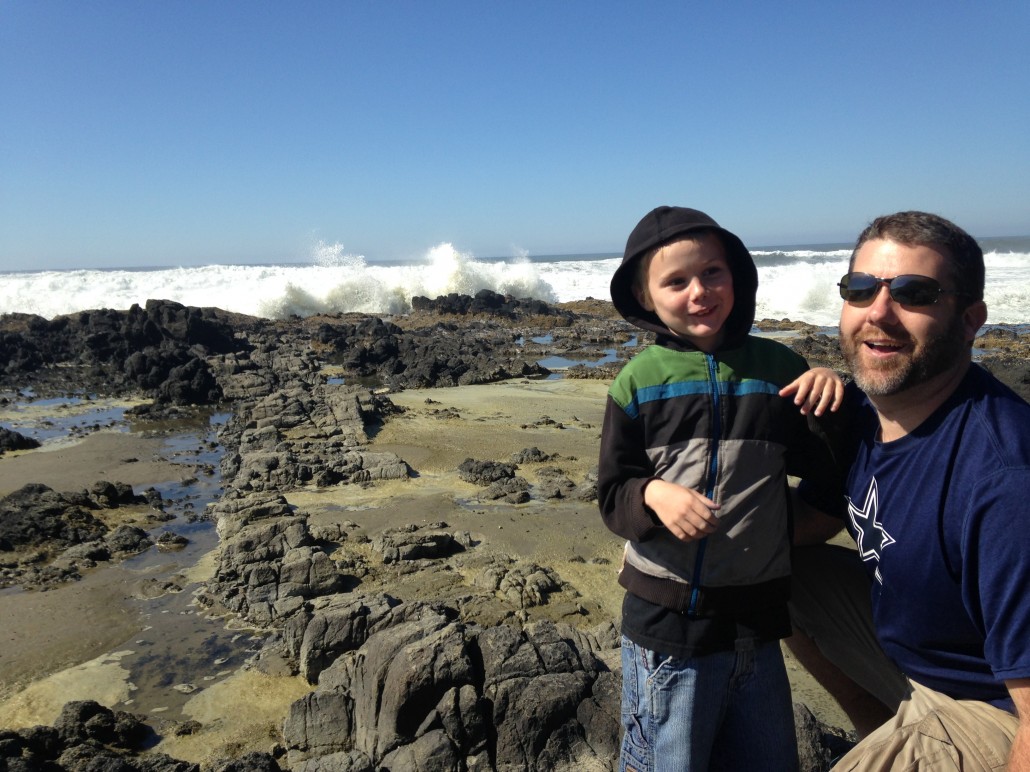




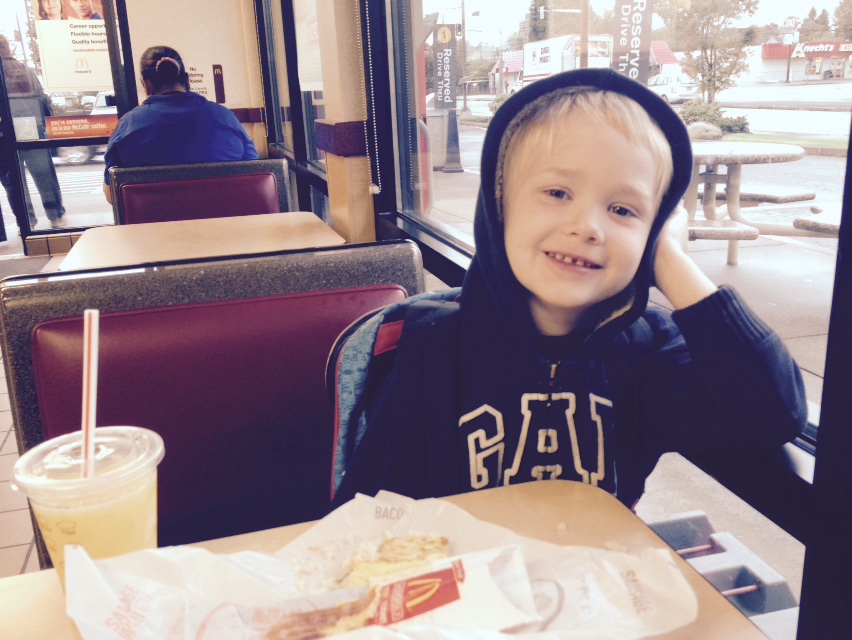
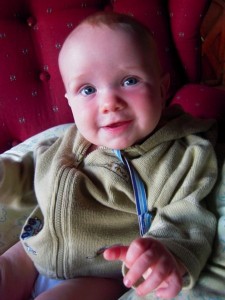
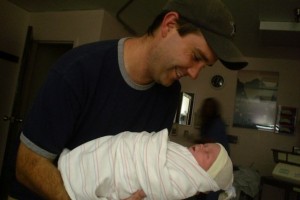
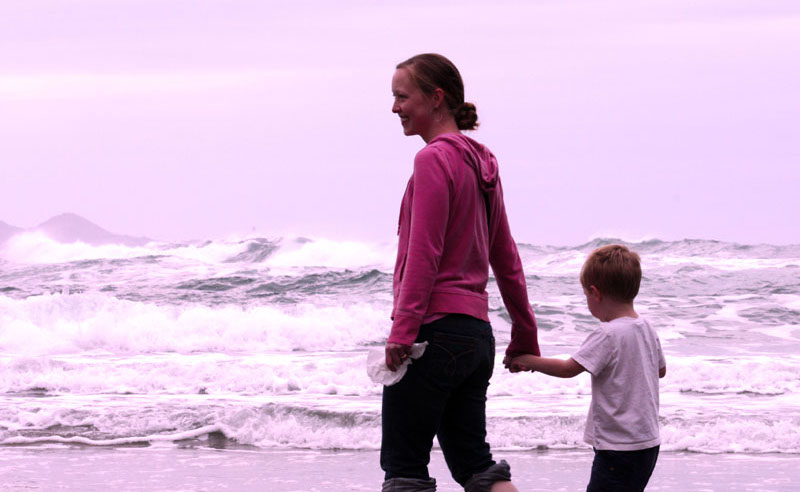

 (Ed’s Note — I think this guy deserves a special shout out:
(Ed’s Note — I think this guy deserves a special shout out: 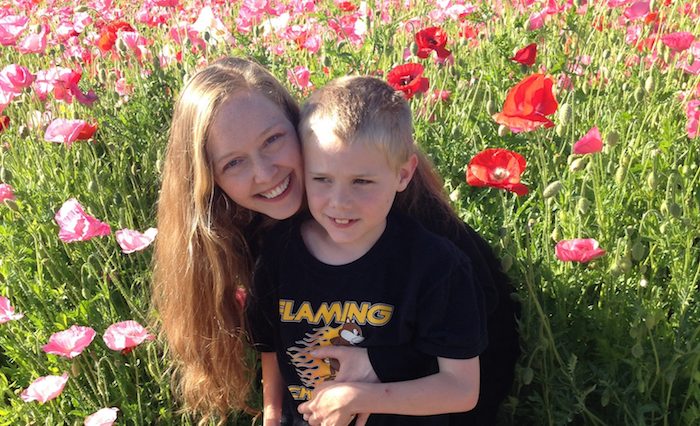
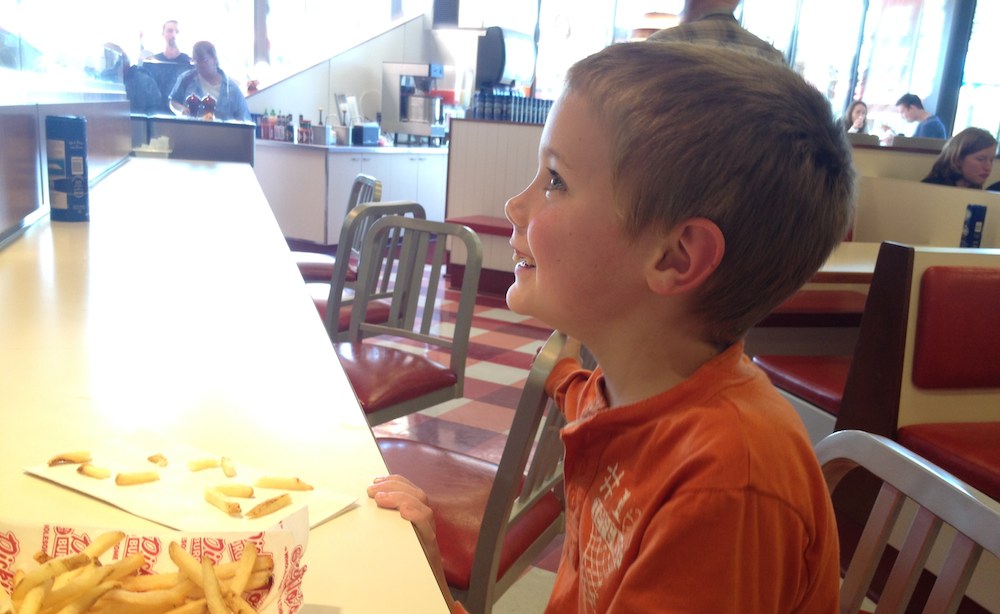
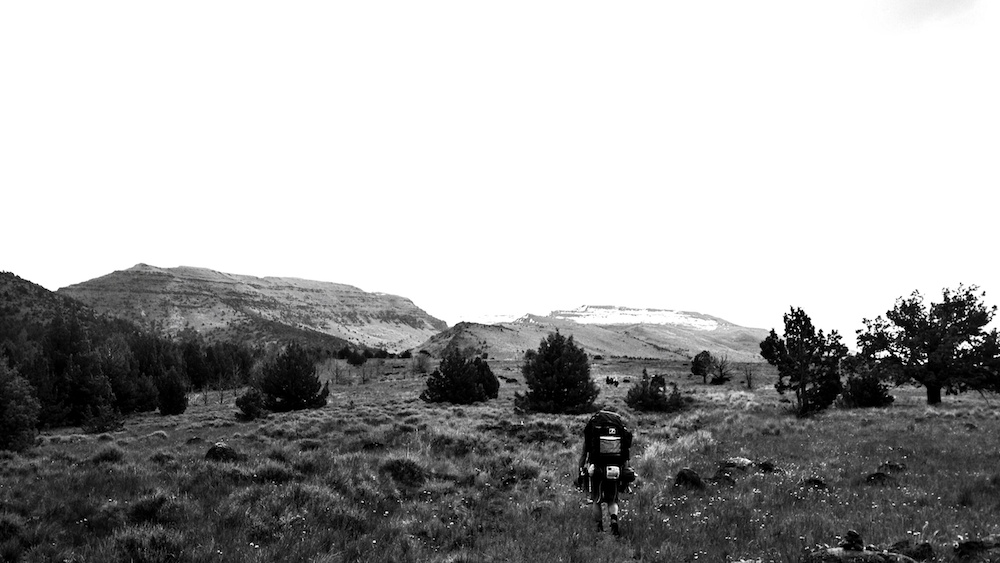


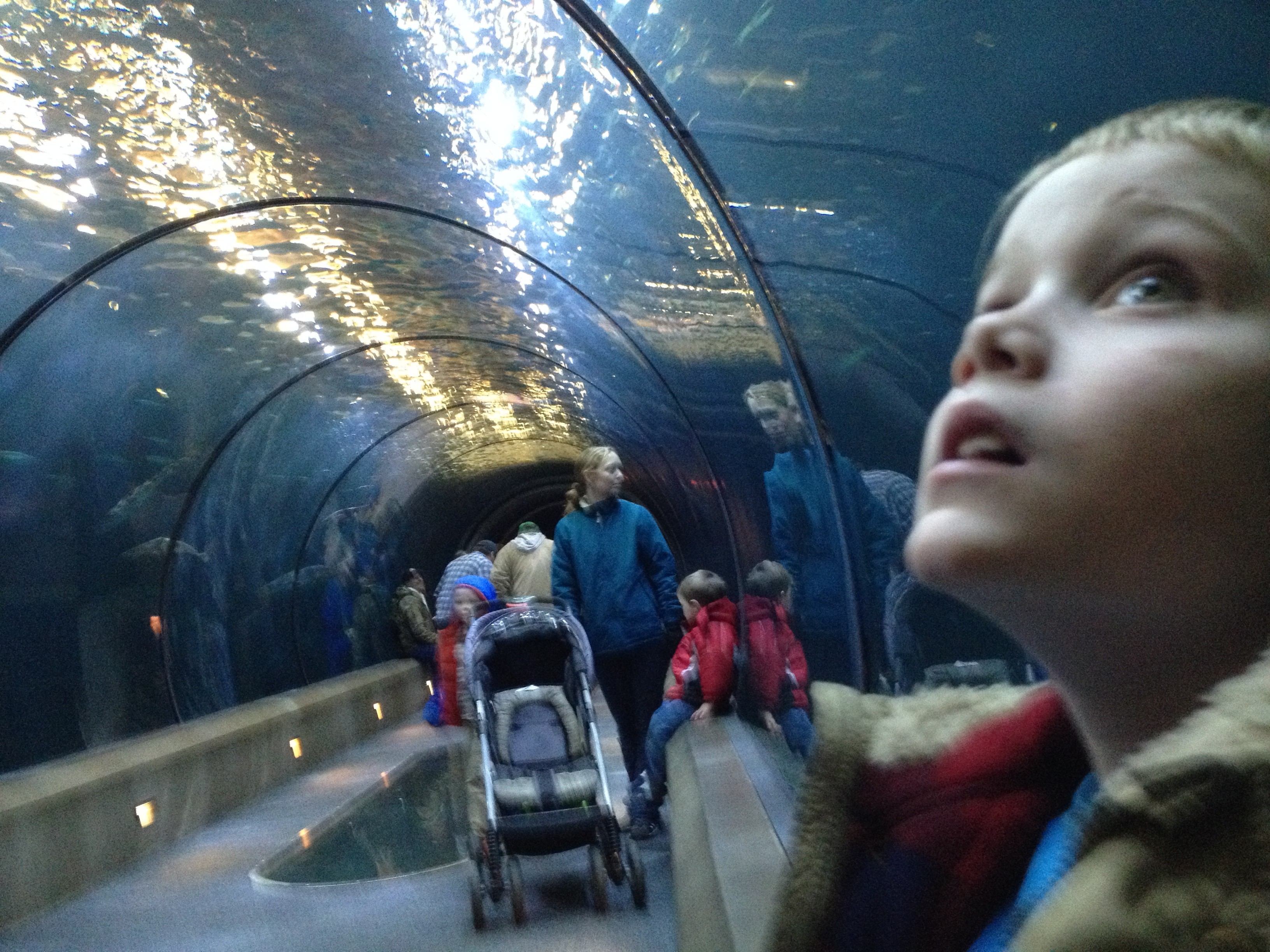
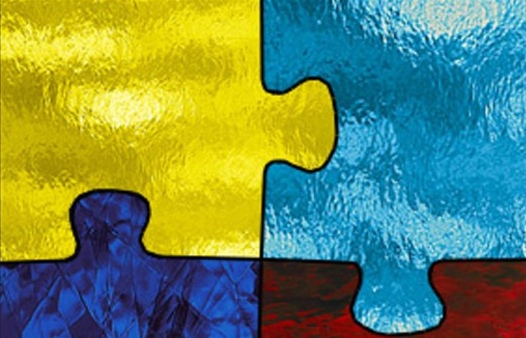
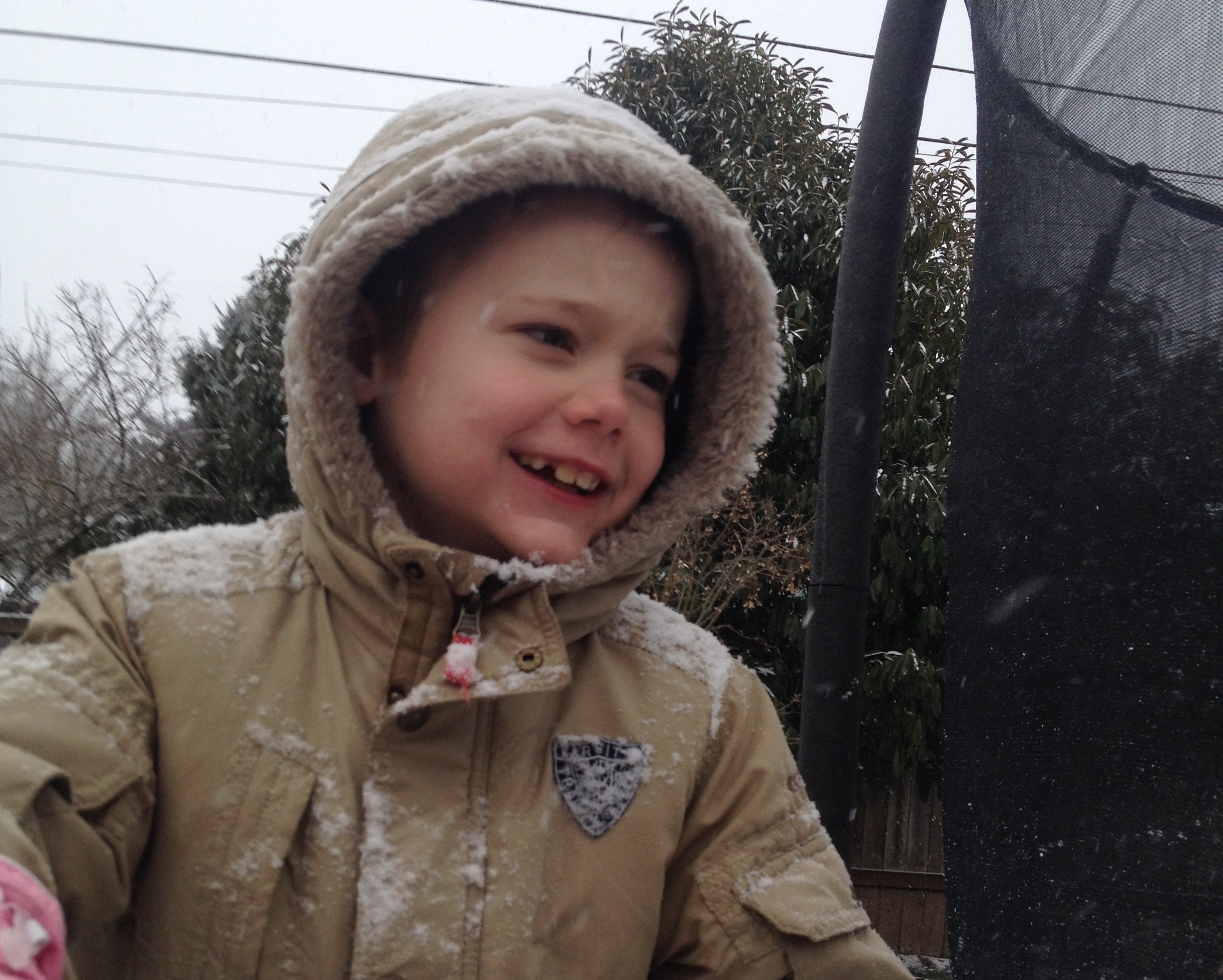
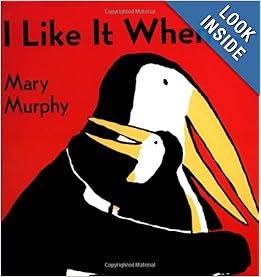
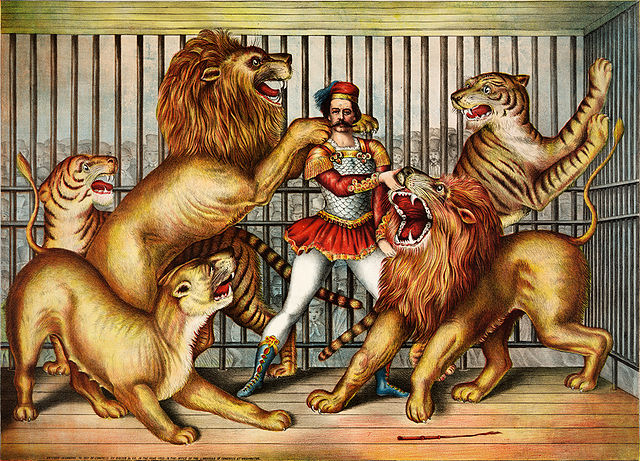


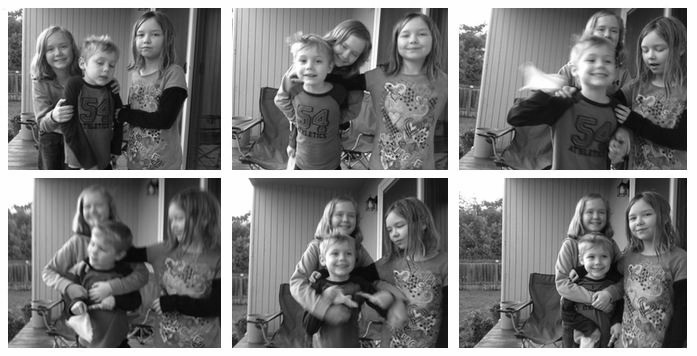

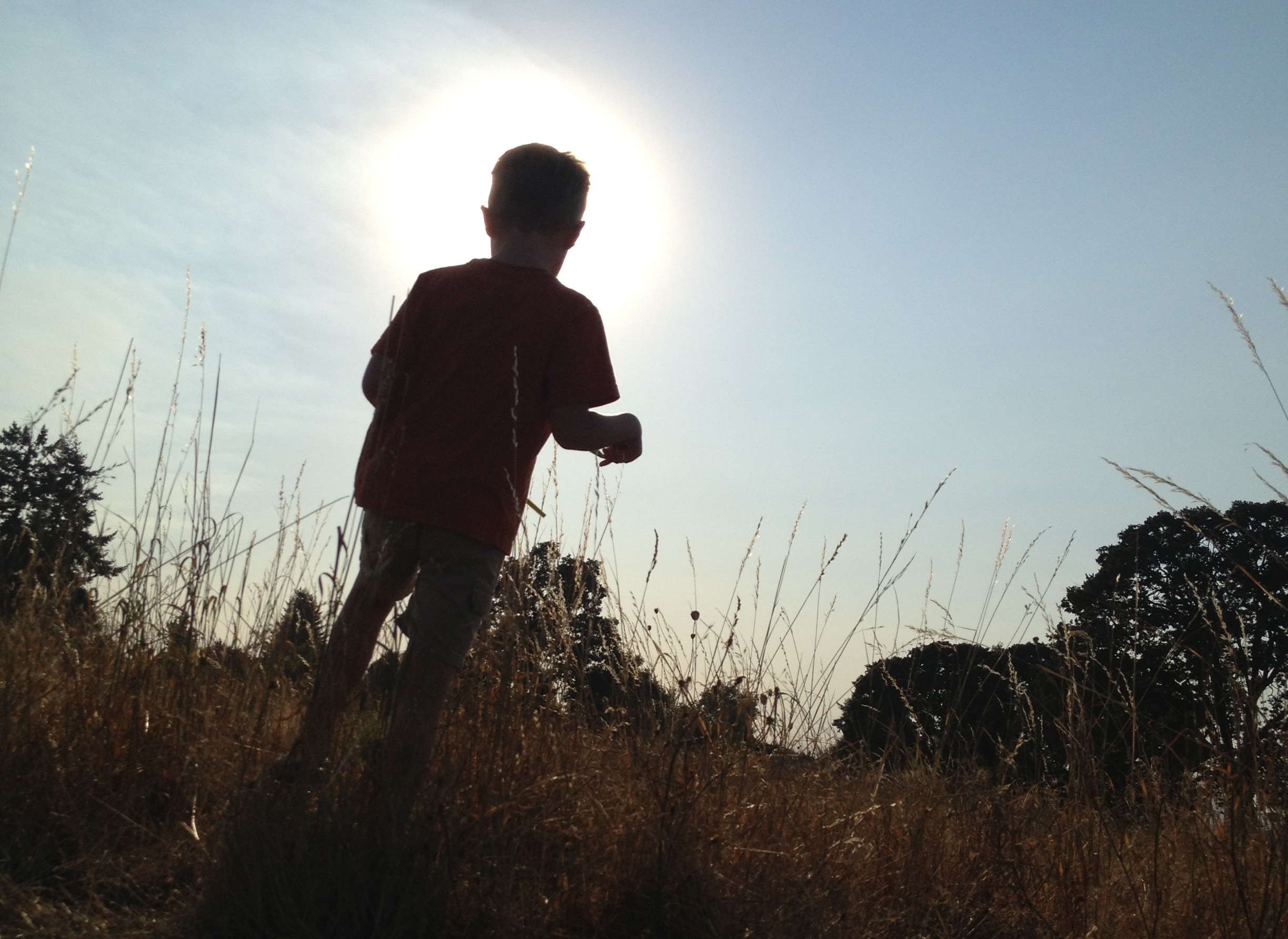
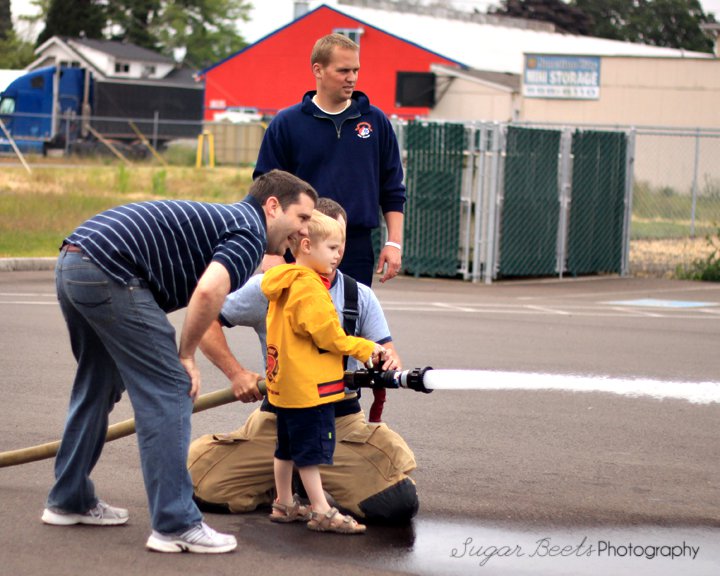
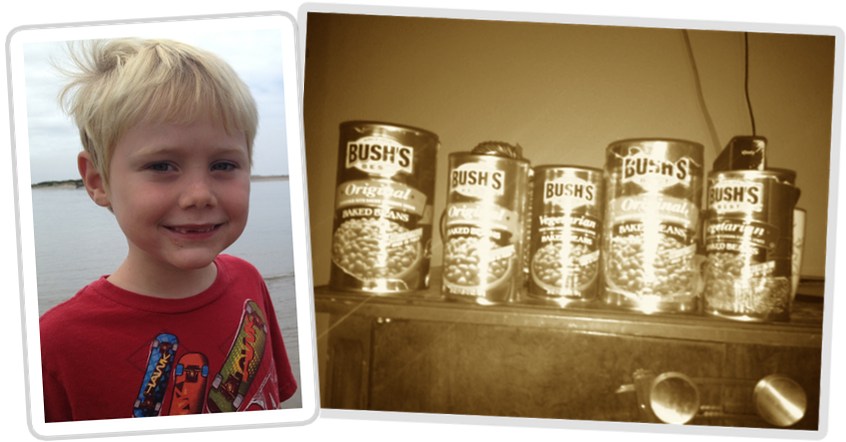
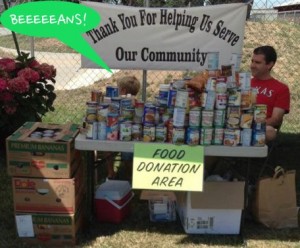

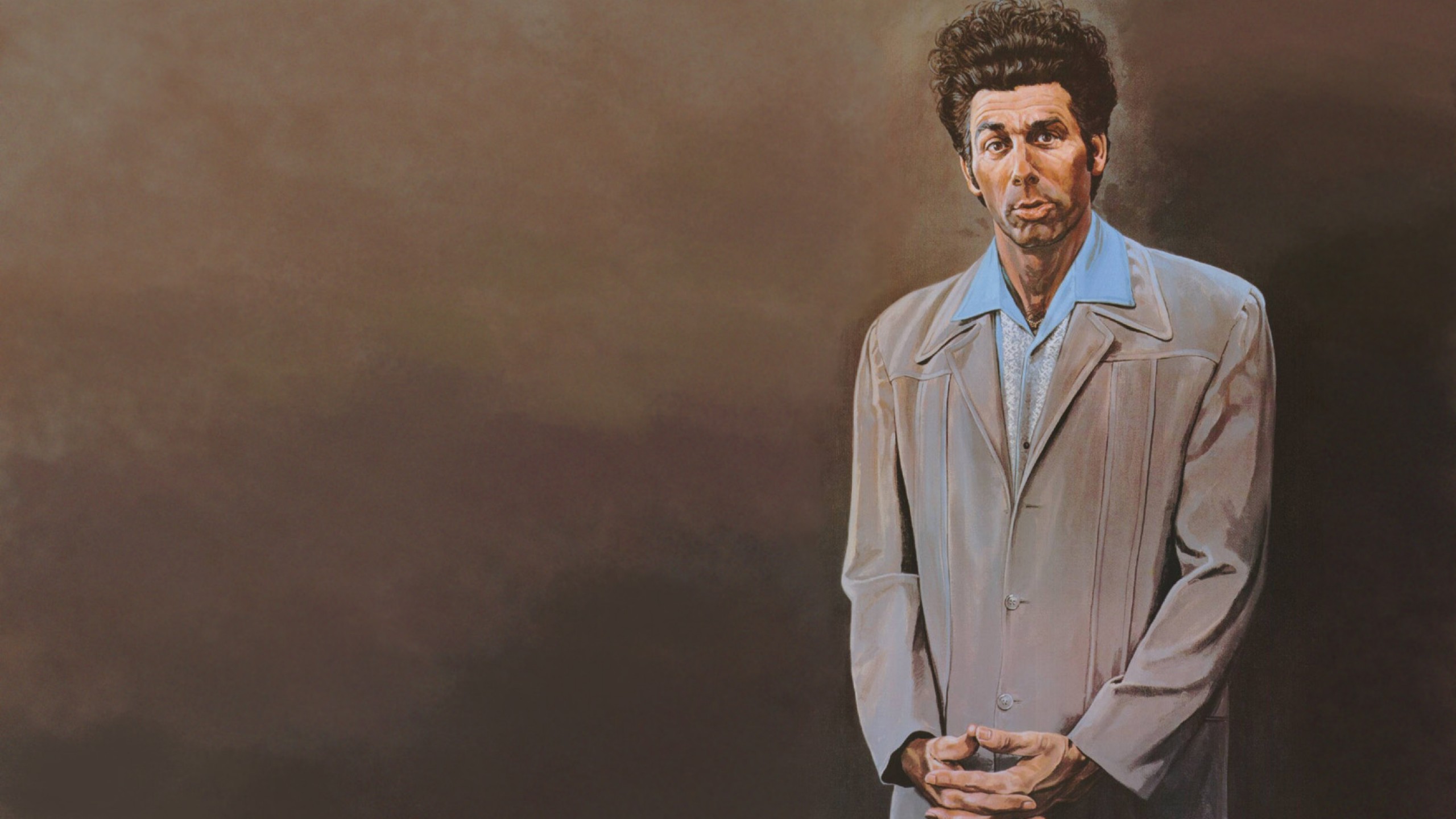
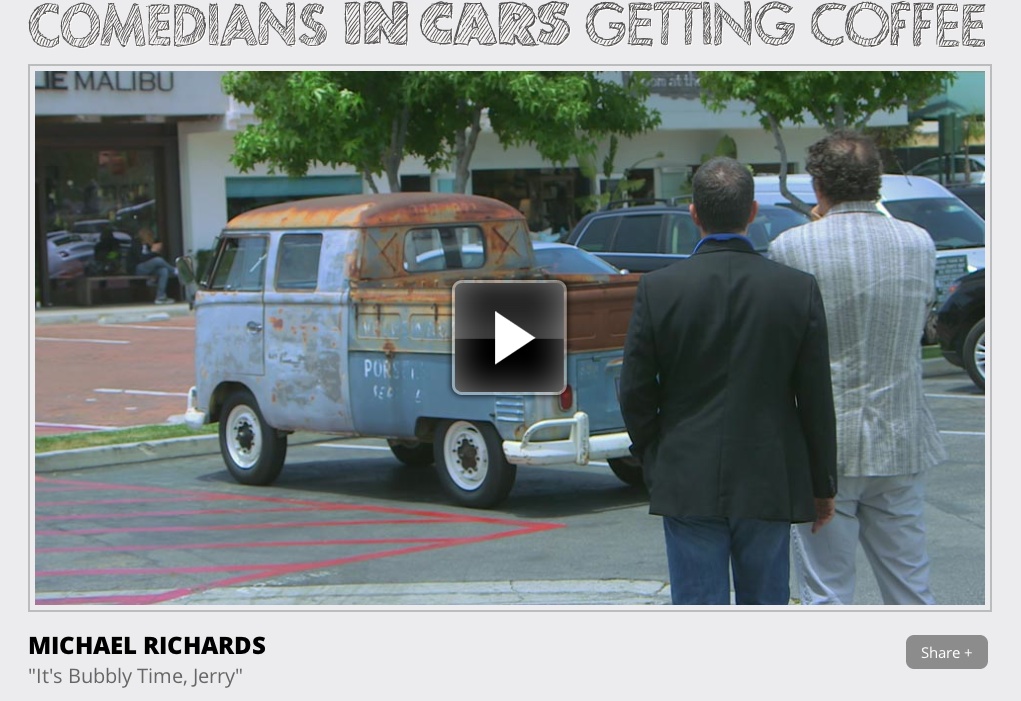
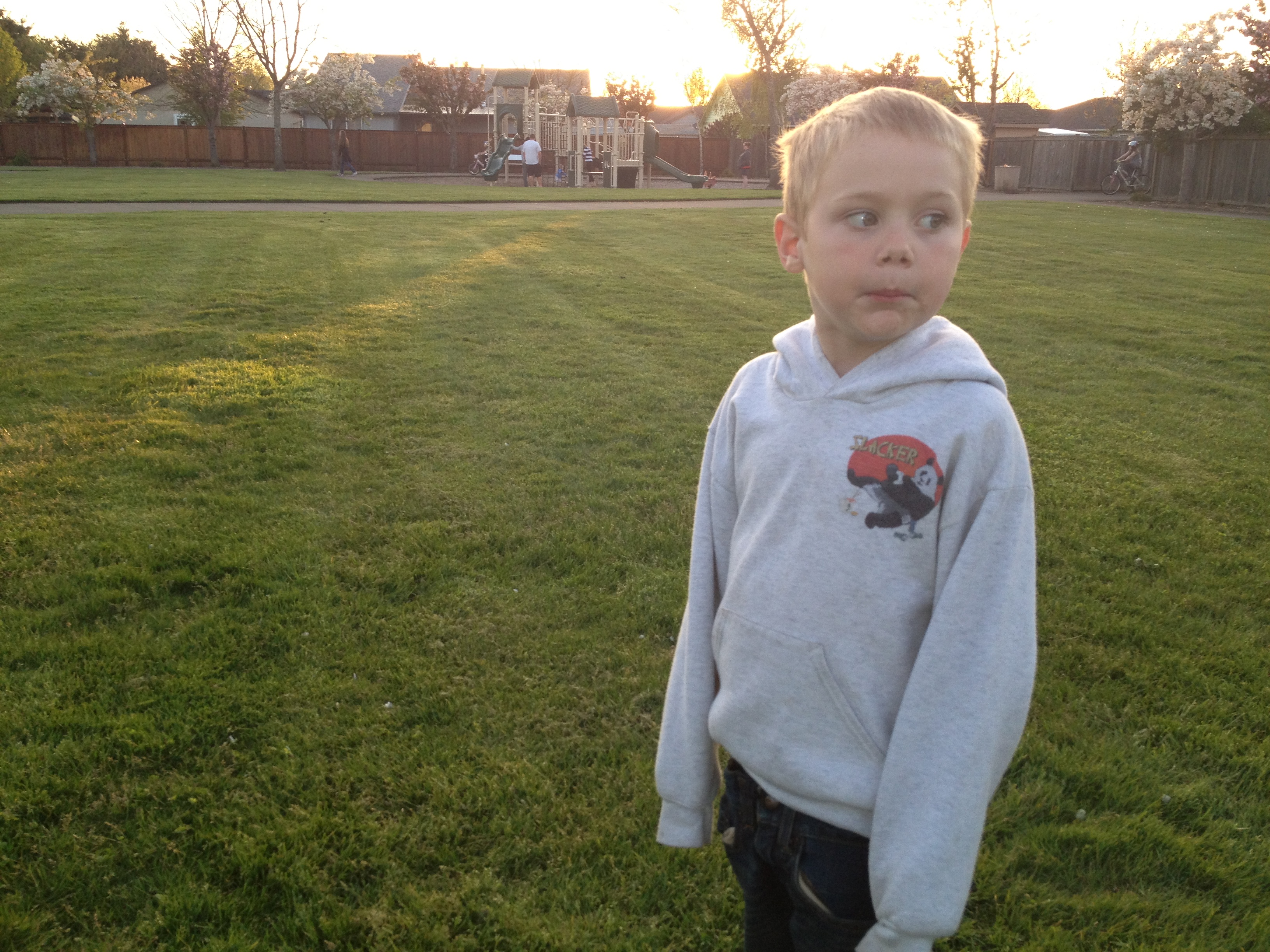
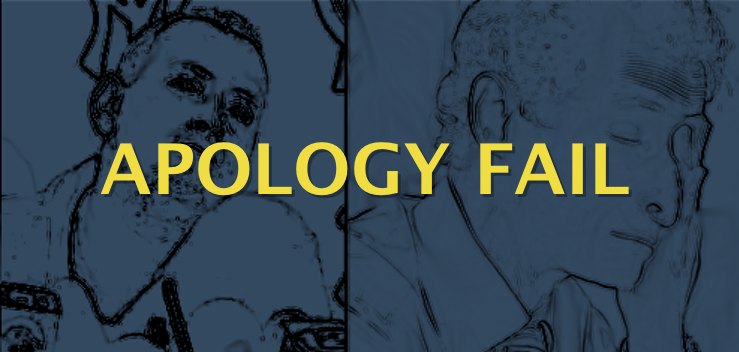

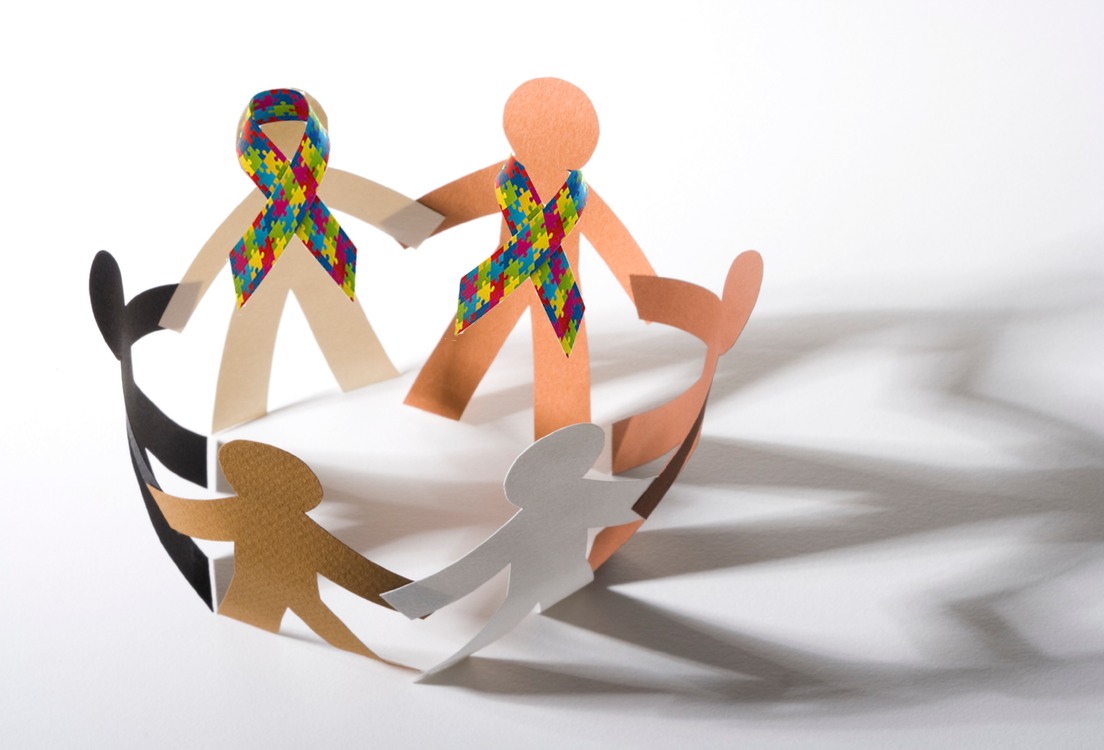
 “1 in 50.”
“1 in 50.” 